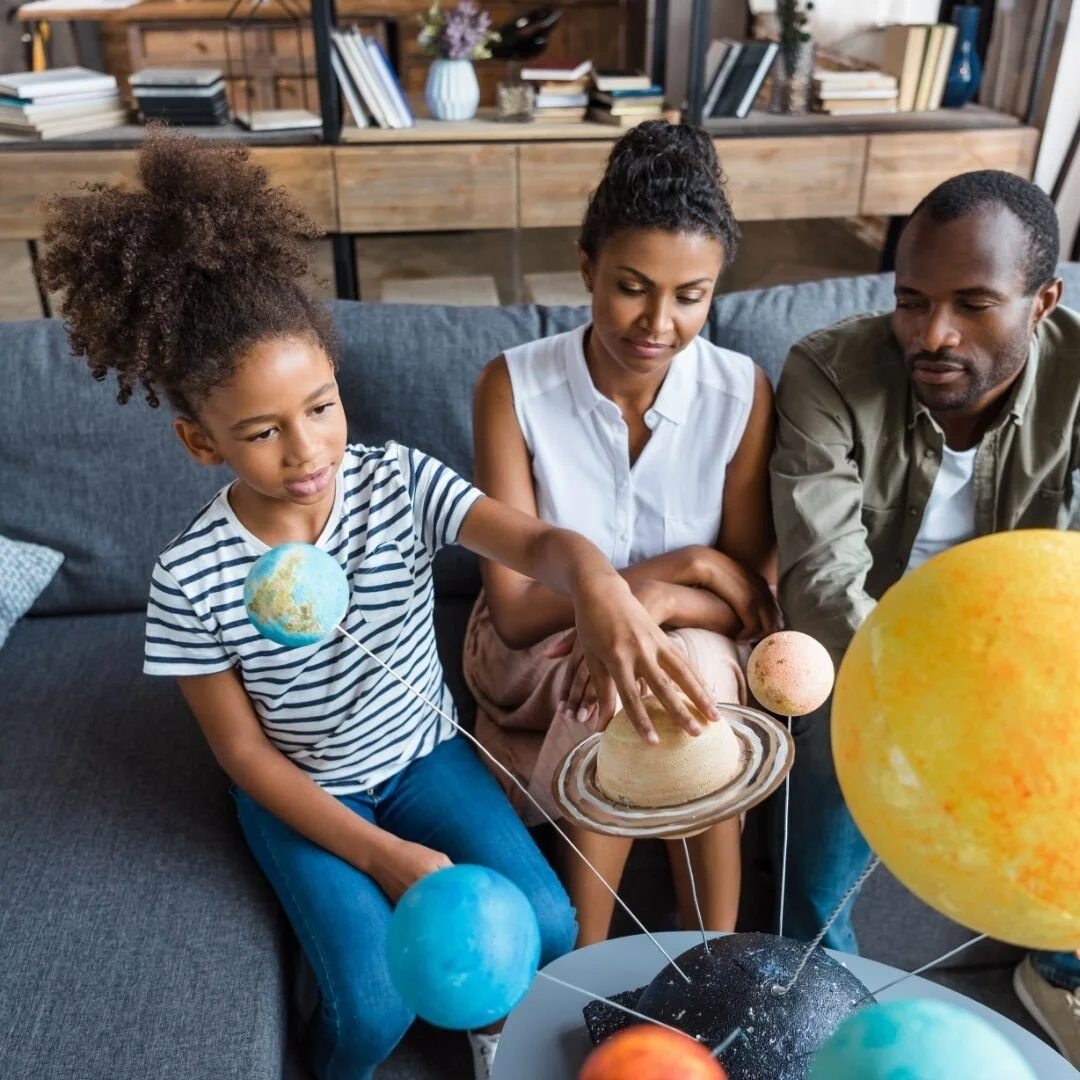Adaptability
Learning to adapt in 2020 will build survival skills in your children.
This past Tuesday was the first day of the 2020-21 school year for my children. The first day, that was supposed to start 2 weeks ago. The first day, that was supposed to find two of my children walking to their campuses to greet friends they hadn’t seen all summer, and my daughter driving to high school for the first time since she got her license.
Instead, the 5th grader rolled out of bed at 7:15 and set up his school space on the dining room table. The 8th grader started at 8:30 in his room with an iPad on a TV tray borrowed from his grandparents. And the 11th grader, after meeting friends for an early morning Starbucks run, pulled a barstool from the kitchen and put her school laptop on the dresser for the first day of virtual school.
As I heard the teachers speaking from their various devices around the house, I was struck with how adaptable everyone has had to be this year. The teachers have had to figure out how to teach virtually, or safely in person, or sometimes both! At my own office, we have made changes to the way we see patients, for the safety of the patients as well as the staff, and we have learned to practice telemedicine.
My parents have learned how to get curbside grocery delivery. Restaurants have had to transition to more take-out and delivery orders than they used to. And those who are able have learned how to work from home, sometimes smoothly, and sometimes with infants or toddlers tugging at their legs. And we’ve all had to get used to wearing masks.
My kids’ adaptation skills started to be honed in March when school transitioned to virtual school. But a big adaptation moment in June went something like this:
Me: “Kids, I don’t think you’re going to be able to go to summer camp in June.”
Kids: disappointed faces, grumbles.
Me, overexplaining as always: “We don’t want you to get sick, get anyone else sick, have to quarantine for 14 days, miss our vacation, COVID hasn’t peaked in Houston, you could die, someone you love could die, not enough ICU beds, maybe we can look at going to camp in August if it’s better….”
My husband, walking through the room and catching the tail end of the conversation, took over as he usually does with his 80’s-style of parenting: “It’s not a camp year, guys. You’re not going now, and you’re not going in August.”
When he told them it wasn’t a year for camp, they mumbled and groaned, but quickly adapted. When we were fortunate enough to get away on a vacation but couldn’t do the activities they enjoyed in the past, like white-water rafting, they adapted. When we didn’t let them hang out in big groups of friends this summer, they adapted. When we told them they have to wear masks outside the house, they took one in their pockets without complaint. I’ve talked to several kids who’ve even had to forego their birthday celebrations this summer. It’s like the Great Adaptability Challenge of 2020.
And so when they started school last week, without much conversation and almost no complaining, they woke up, went to their computers, and started 5th, 8th, and 11th grade.
Out of the dining room, I heard my 5th grader’s teacher ask how everyone had been feeling about 2020 and coronavirus lately. (What a gift that they are being taught to pay attention to and validate their feelings at ages 10 and 11!) As the tinny 5th grade voices flowed out of my dining room, one child said, “It feels like the end of the world.”
“It feels like the end of the world.” Leave it to a child to put into words what this year has felt like. I learned about global pandemics in medical school, as all physicians did, but not once did I consider how adaptable I’d have to be to live through one.
I never imagined what it would be like to spend a full work day in personal protective equipment. To keep my children in their grandparents’ yard instead of their homes. To look around at the grocery store and wonder which stranger will inadvertently infect me. Remember when we used to cough freely in the grocery store if we needed to? In 2020, you try to stifle even an allergy or a saliva-induced cough because, as I heard a friend say, a public cough now is like yelling “bomb” in an airport! We have all been forced to adapt.
The dictionary defines “adaptability” as “the quality of being able to adjust to new conditions.” Yep, that sounds like all of us in 2020. And even though 2020 feels “like the end of the world,” it is possible that we might come out of this stronger.
Life isn’t going to be smooth sailing for me or for my children. But learning to adapt to all of these new circumstances will build resilience. And building resilience will give our kids grit. And having grit will help them survive whatever life throws their way. And that is one of the most important things I can teach them.
Photo by JumlongCh
The advice and opinions herein are by no means meant to be a substitute for professional medical advice. Please contact your personal physician, mental health provider or health care professional for medical advice.



